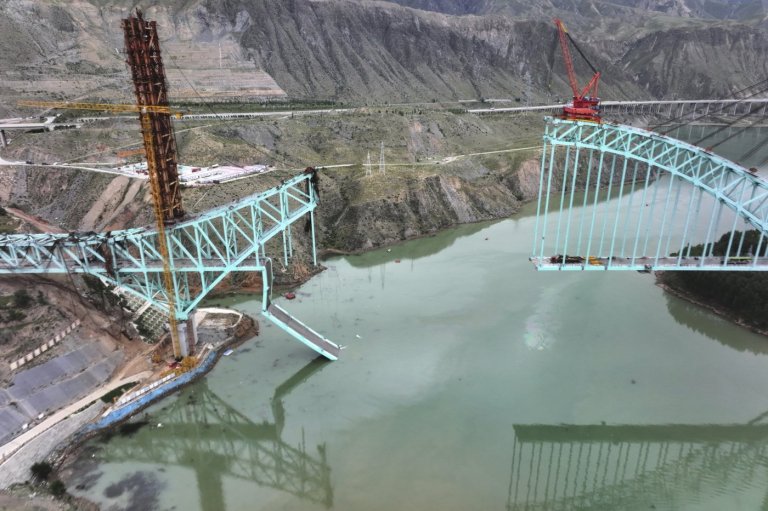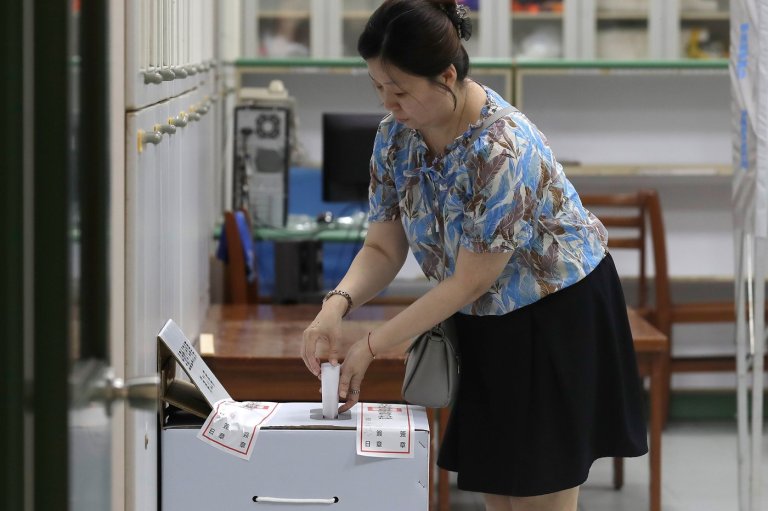
Zimbabwe’s president approves controversial mandatory radio levy on motorists
HARARE, Zimbabwe (AP) — A law that makes it mandatory for motorists in Zimbabwe to pay a radio levy before their vehicles can be licensed and insured has been approved by President Emmerson Mnangagwa, in a move that some people claim is draconian.
An amendment to the southern African country’s Broadcasting Services Act states that only motorists who have paid for a public broadcaster fee can buy a license or insurance for their cars.
Revenue raised by the license, which costs $92 annually, goes to state broadcaster Zimbabwe Broadcasting Corp., or ZBC. Motorists without a radio receiver can get an exemption certificate from the public broadcaster if they sign a form, according to the law.
Zimbabwe has about 1.2 million vehicles, according to government figures, ensuring millions of dollars for a public broadcaster that has for years been accused of propaganda and bias towards the ruling party and which has struggled with declining advertising revenue streams.
“This is too much for the already overburdened tax payer,” said Kudzai Kadzere, a lawyer in the capital, Harare. “After all, a lot of people rely on the independent press, WhatsApp and the internet for news, they don’t even tune in to ZBC. Now we are being forced to pay for propaganda.”

Rashweat Mukundu, a media freedom activist, described the license fee as “daylight robbery.”
Responding to government spokesman Nick Mangwana, who defended the move on X, Mukundu wrote: “ZBC funding has tanked because audiences & advertisers see no value/relevance in its content.”
Opposition figure Nelson Chamisa said the new law was “too draconian, anti-citizens and outrightly heartless.”
Zimbabweans already pay for radio or television licenses if they own a set at home or at a business premise.
In 2016, the country’s Constitutional Court threw out a case brought by an opposition lawmaker who said the public broadcaster was biased towards the ruling ZANU-PF party and the fee should be scrapped.
Join the Conversation!
Want to share your thoughts, add context, or connect with others in your community?
You must be logged in to post a comment.


















